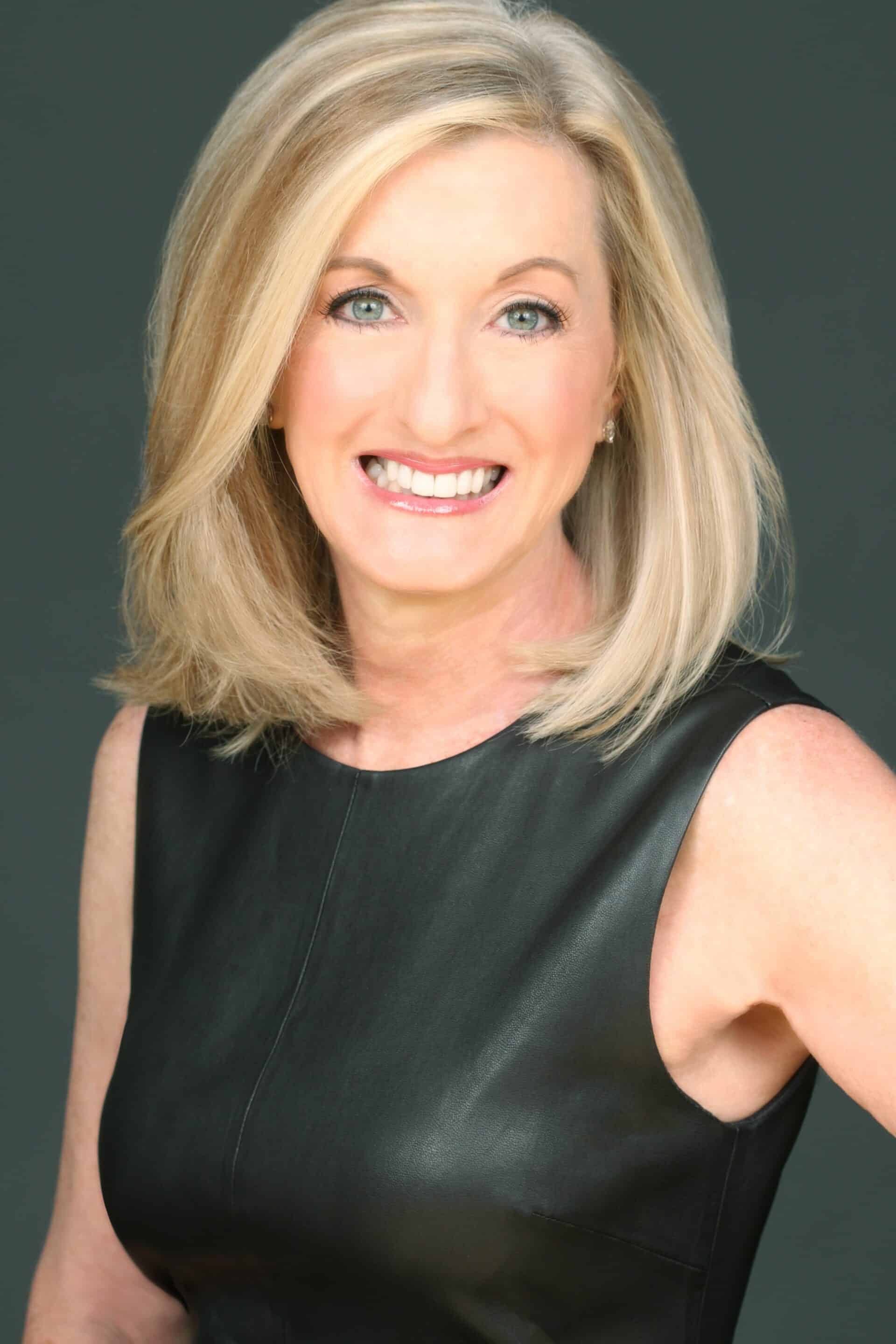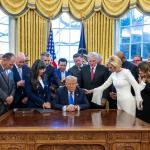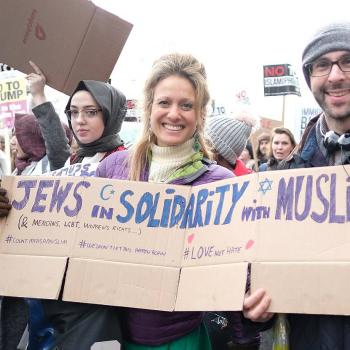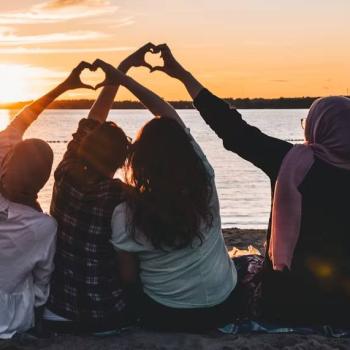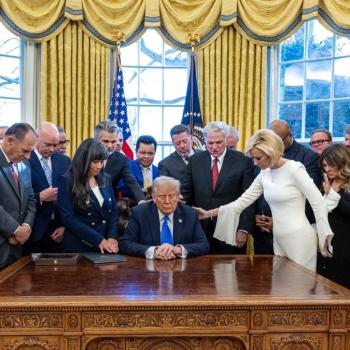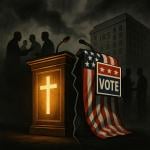
The Risk of Making Religious Freedom a DEI Issue
As an executive at a large company, I struggled to feel at home. I couldn’t quite understand why until I took a personality test. I’ll never forget when the HR manager looked at my results, paused, and asked, “Did you grow up in a Southern religious home?” I was surprised—there hadn’t been any questions about religion, or so I thought. I said yes, and she walked me through my answers—inclusiveness, empathy, and a preference for talking things through rather than confrontation. None of it was right or wrong, just different.
Contrasting Workplace Cultures
That’s when I started noticing the contrasts. At our northern headquarters, conversations leaned cosmopolitan—fine dining and the latest cultural events. Success came with a high-energy, work-
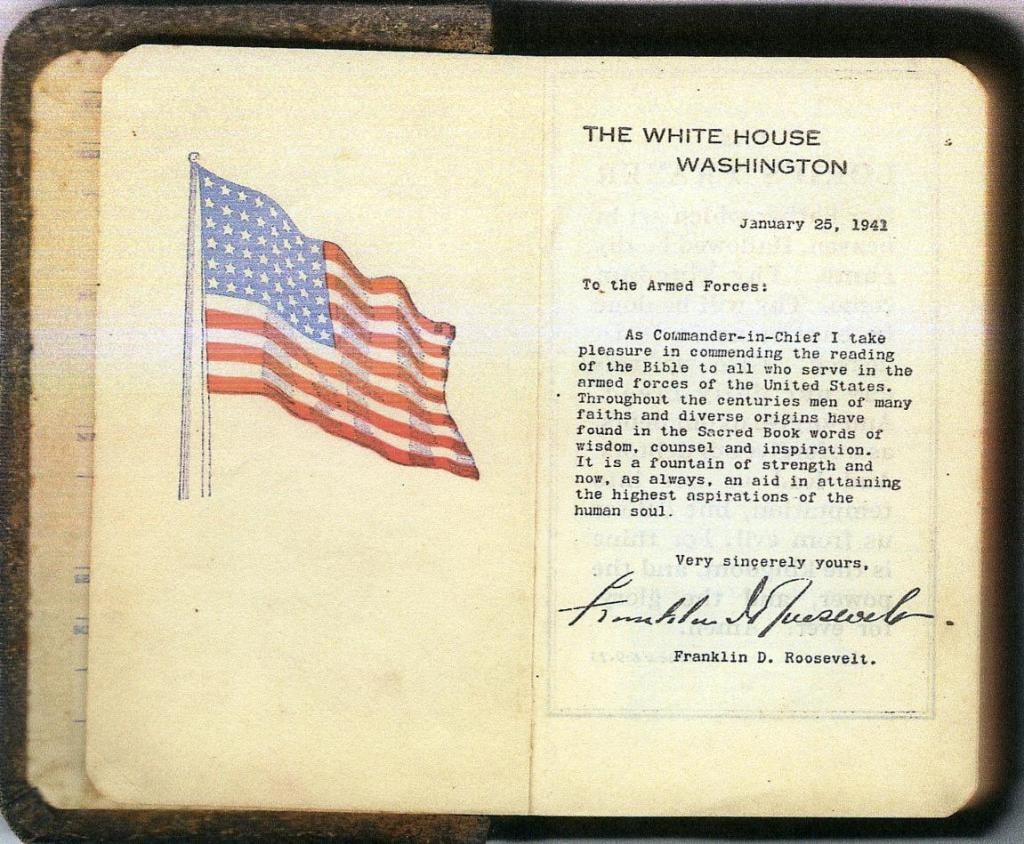
hard-play-hard mentality. At our southern facilities, people talked more about family, faith, and community—not as declarations but as part of life.
I wasn’t wired for excess or the thrill of the next big event. I value meaningful, personal relationships over grand gestures. Neither approach was better, but it explained why I felt more at home in one place than another.
Is Religious Freedom a DEI Issue?
That’s why the recent debate about religion in DEI efforts caught my attention. Some thought leaders have expressed concern about the impact on religious tolerance if DEI programs are reduced. But I question whether religious freedom is a DEI issue.
Freedom of religion in the US isn’t about diversity. It’s a fundamental right of being American, reflected in the diverse cultures of our federated system.
A Founding Principle, Not a Program

This idea—that faith should stand on its own, free from government control—goes back to our Founding Fathers. While serving as Ambassador to France, Benjamin Franklin corresponded with Richard Price, a Welsh philosopher and Unitarian minister, about religion’s role in society. Franklin made the following observation: if a belief is strong, it will sustain itself. However, if it needs government support to survive, that says more about the religion than the government. His words reflect a core American belief: religious freedom isn’t granted by institutions—it’s an inherent right that must be protected, not managed.
What This Means for the Workplace
That belief carries into the workplace today. Title VII of the Civil Rights Act protects employees from religious discrimination and requires reasonable accommodations, like flexible schedules for religious observances, religious attire exceptions, or private spaces for prayer—unless they create an undue hardship for the employer. Public employees also have First Amendment protections. Employers must respect religious expression but can set limits if it disrupts work.
Balancing Inclusion Without Overcorrection
That’s the legal side. But what about the cultural side? How do businesses foster religious inclusion without overcorrecting or alienating anyone? One step is to clear HR policies that provide guardrails—understanding what’s considered reasonable religious accommodation and what’s not. Another is recognizing that religious culture shapes how people work and communicate, just like my experience with regional differences.
For companies with a large immigrant workforce, working with community groups can help new employees integrate—not just into the job but into a culture that values freedom. We saw this when churches stepped up to support Afghan refugees. They didn’t just facilitate employment and personal support; they embraced a Muslim’s right to worship and build community.
The Risk of Treating Religious Freedom as Just Another DEI Topic
That’s why treating religious freedom as another diversity issue is risky. If framed as a DEI topic instead of a constitutional right, it becomes easier to downplay, redefine, or cancel when priorities shift. Our Constitution requires us to respect all beliefs without favoring or sidelining any.
Religious freedom is about making space for everyone without forcing anything on anyone. That’s what sets America apart. It ensures that whether someone feels more at home in New York or Texas, their beliefs and how those beliefs shape who they are are respected—not just tolerated.


